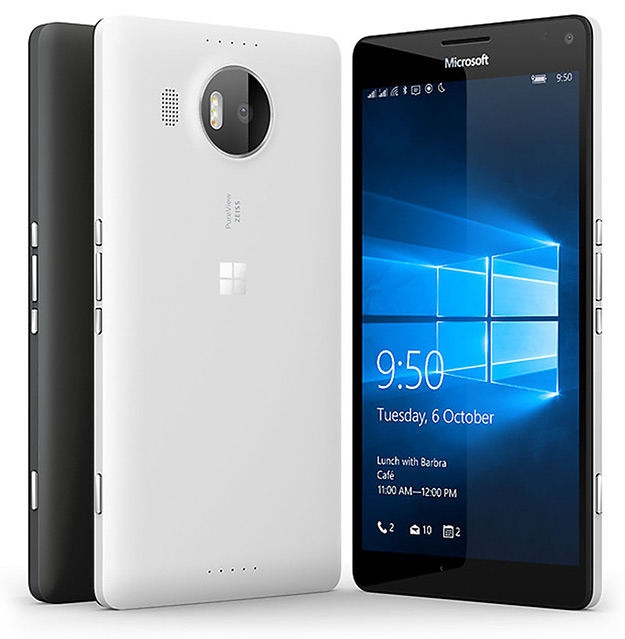Windows 10 Mobile OS Gaining 64-bit Extensions To Expand Beyond 4GB RAM Memory Space
It's hard to be impressed in 2016 at the concept of a 64-bit processor. After all, 64-bit processors have graced our desktops for over a decade, and in recent years, our mobile devices. Currently, both Android and iOS natively support 64-bit processors, enabling faster performance (in some cases) and the ability to use more than 4GB of memory. What about Windows 10 Mobile? Well, we're still waiting on it.
However, the wait might actually not actually be that far off. It was Microsoft itself that revealed Windows 10 Mobile's future in a very interesting way: through a blog post dedicated to Dave Cutler, a Senior Technical Fellow who's worked on key technologies at the company, including Windows NT and Azure.

In the post, Microsoft gives itself a pat on the back by having adopted 64-bit desktop operating systems so quickly (initiated by the release of AMD's AMD64 architecture), stating, "At the time, some questioned why Microsoft developed a 64-bit system; today most computers are 64-bit systems and even our phones will soon have a 64-bit operating system."
Most people are unlikely to spot a difference between a 64-bit and 32-bit operating system -- especially on mobile systems -- but it's best to move forward sooner than later so that our devices will be ready once our needs become greater. The recent crop of high-end Lumias can plug into a dock and a monitor, and in effect become a computer. That's a perfect use case for justifying a device with more than 4GB of memory. Most of us wouldn't dream of sticking to 4GB on our desktop or notebook, and soon, we might feel the same way about our mobile devices.
Come on, Microsoft. We're waiting.

